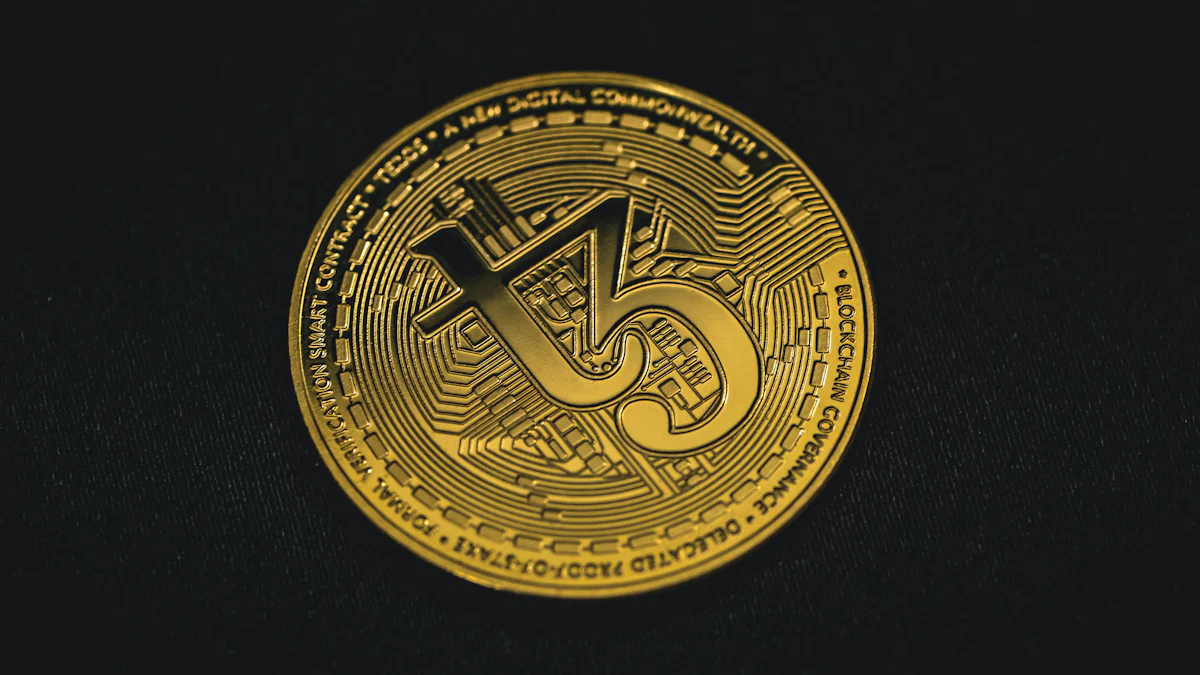Unlocking the Power of DAOs: A Guide to Decentralized Autonomous Organizations

Understanding DAOs
Decentralized Autonomous Organizations (DAOs) are revolutionizing decentralized governance. These innovative entities empower communities by enabling community-driven decision-making. DAOs operate on the principles of decentralization, transparency, and inclusivity. They leverage blockchain technology to eliminate the need for centralized authority and intermediaries, giving power directly to the participants. By embracing DAOs, communities can collectively shape the direction of their organizations and have a say in decision-making processes. Exploring the principles and potential of DAOs is crucial for understanding their transformative power and unlocking new possibilities in decentralized governance.
Principles of Decentralized Autonomous Organizations
What are DAOs?
Decentralized Autonomous Organizations (DAOs) are organizations governed by smart contracts and decentralized decision-making. They aim to eliminate centralized authority and promote community participation. Unlike traditional organizations, DAOs operate on the principles of transparency, immutability, and security. By leveraging blockchain technology, DAOs ensure that all transactions and decisions are recorded on a public ledger, making them transparent and auditable by anyone. This transparency fosters trust within the community and reduces the need for intermediaries.
Key Features of DAOs
Transparency, immutability, and security are fundamental principles of DAOs. Transparency is achieved through the use of blockchain technology, which allows for open access to information about transactions and decision-making processes. Immutability ensures that once a transaction or decision is recorded on the blockchain, it cannot be altered or tampered with. This provides a high level of integrity to the governance system of DAOs.
Token holders play a crucial role in DAOs as they have voting rights and influence decision-making processes. Each token represents a stake in the organization, giving holders the power to participate in shaping its future direction. Token holder voting enables decentralized decision-making, where every member has an equal opportunity to voice their opinions and contribute to the collective decision-making process.
DAO Token Holder Voting: Empowering Community Decision-Making
The Significance of DAO Token Holder Voting
DAO token holder voting plays a significant role in decentralized decision-making within a DAO. It allows for the distribution of power among community members, ensuring that decisions are made collectively and not controlled by a centralized authority. By giving voting rights to token holders, DAOs promote inclusivity and fair representation within the organization. Every member has the opportunity to participate in shaping the direction of the DAO and influencing its policies.
Through token holder voting, DAOs foster a sense of ownership and engagement among community members. It empowers individuals by providing them with a voice in decision-making processes, regardless of their stake size. This democratic approach ensures that decisions are made based on consensus, reflecting the collective will of the community.
Benefits of DAO Token Holder Voting
Token holder voting brings several benefits to decentralized autonomous organizations. Firstly, it promotes inclusivity by allowing every member to have a say in the direction of the organization. This creates a sense of belonging and encourages active participation from community members.
Secondly, token holder voting enables collective decision-making. Instead of relying on a small group or centralized authority to make decisions, DAOs leverage the wisdom and diverse perspectives of their community members. This leads to more informed and well-rounded decisions that consider different viewpoints.
By empowering community members through voting rights, DAOs ensure that decisions are made in the best interest of the entire organization. It strengthens trust within the community and enhances transparency in governance processes.
Challenges and Opportunities in DAO Community Governance
Challenges of DAO Community Governance
DAO community governance faces several challenges that need to be addressed for effective decision-making and participation. One of the primary challenges is ensuring active engagement from community members. While DAOs aim to empower individuals, it can be difficult to motivate widespread participation and overcome apathy or disinterest. Encouraging community members to actively contribute their ideas, expertise, and votes requires ongoing efforts to foster a sense of ownership and create meaningful incentives.
Another challenge lies in balancing individual interests with the collective goals of the DAO. As DAOs are composed of diverse stakeholders with varying perspectives, finding common ground and aligning interests can be complex. It requires open communication channels, transparent decision-making processes, and mechanisms for conflict resolution to ensure that decisions reflect the broader interests of the community.
Opportunities for DAO Community Governance
Despite these challenges, DAO community governance presents exciting opportunities for innovation and decentralized decision-making. By leveraging the collective intelligence of its members, a DAO can tap into a diverse range of skills, knowledge, and experiences. This fosters creativity and enables more informed decisions that benefit from different perspectives.
Moreover, DAOs have the potential to create self-sustaining and autonomous communities. Through decentralized governance structures, they can operate independently without relying on traditional intermediaries or centralized authorities. This opens up possibilities for creating new economic models, collaborative networks, and cooperative ecosystems where participants have direct control over their shared resources.
By embracing these opportunities, DAOs can reshape traditional governance models by promoting inclusivity, transparency, and accountability while enabling community-driven initiatives.
Unlocking the Future with DAOs
DAOs have the potential to revolutionize decision-making processes and empower communities. By embracing the principles of decentralization, transparency, and community-driven governance, DAOs are reshaping traditional governance models. They pave the way for a more inclusive and decentralized future where individuals have a direct say in shaping the organizations they are part of.
Exploring the principles and challenges of DAOs is crucial for understanding their transformative power and embracing their future impact. As DAOs continue to evolve, they hold the promise of creating more equitable systems that prioritize community participation and collective decision-making.
With their ability to leverage blockchain technology and decentralized protocols, DAOs provide an innovative framework for organizing human collaboration on a global scale. By unlocking the power of DAOs, we can unlock new possibilities for transforming governance structures and building communities that are truly driven by their members.
